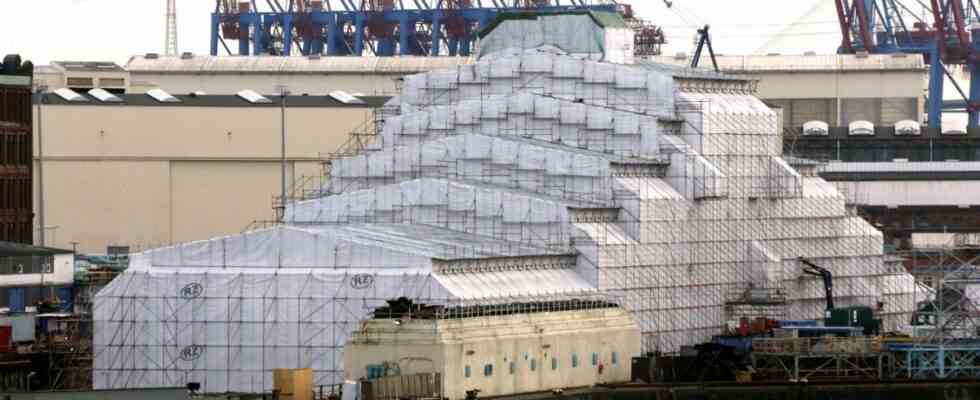The war in the Ukraine has been going on for more than four weeks now, and one of the ways in which the western states are at least countering the Russian war of aggression is the confiscation of Russian assets. Since then, an international task force has been looking for the yachts, real estate and funds of Russian oligarchs. As can now be seen, the EU countries are obviously making very different progress. In response to a small inquiry from the left-wing faction, the federal government announced that domestic banks had frozen a total of 95 million euros in connection with the sanctions against Russian companies and private individuals until March 21st. So, the owners of the frozen assets can no longer access those funds or assets.
Compared to other EU countries, however, this is manageable: France’s finance minister reported a week ago that 850 million euros had been frozen. 150 million euros of which were set in accounts, the remaining million relate to real estate and yachts. Italy has apparently already seized assets worth hundreds of millions of euros during Belgium According to government information, it has already set around ten billion euros, of which 2.7 billion are in bank accounts and 7.3 billion in other assets.
“Rather sobering.”
The federal government does not disclose the total assets of sanctioned persons and companies in Germany. More recent figures are not yet available. After “careful consideration” one came to the conclusion “that the requested information is in such need of protection” that even a slight risk of becoming known in view of the potential damage cannot be accepted.
So are there oligarchs who don’t even know that they are on sanctions lists? The opposition criticizes this as non-transparent. “The reported assets should only be the tip of the iceberg. But we have not been able to verify this so far, either, because the federal government is stonewalling the information,” said Pascal Meiser from the left. Konrad Duffy from the Finanzwende interest group also criticized the amount as “rather sobering”. It can be assumed that there are more assets from sanctioned persons in Germany.
A money laundering expert who advises banks on the implementation of sanctions but did not want to be named said: “Now it’s taking revenge that Germany doesn’t have proper legislation for sanctions.” Therefore, no quick successes are to be expected. Italy is making better progress because the burden of proof is reversed there. There, the reasonable suspicion is enough to freeze the assets until further notice. In circles of the German “Taskforce” the numbers are not considered comparable. It is wiser to clarify the ownership structure first. Otherwise there is a risk of having to return the assets later, but having to pay for the costs of the confiscation in the meantime. Italy is pursuing a different strategy.

